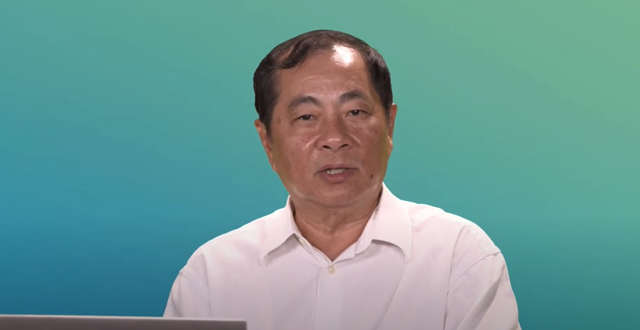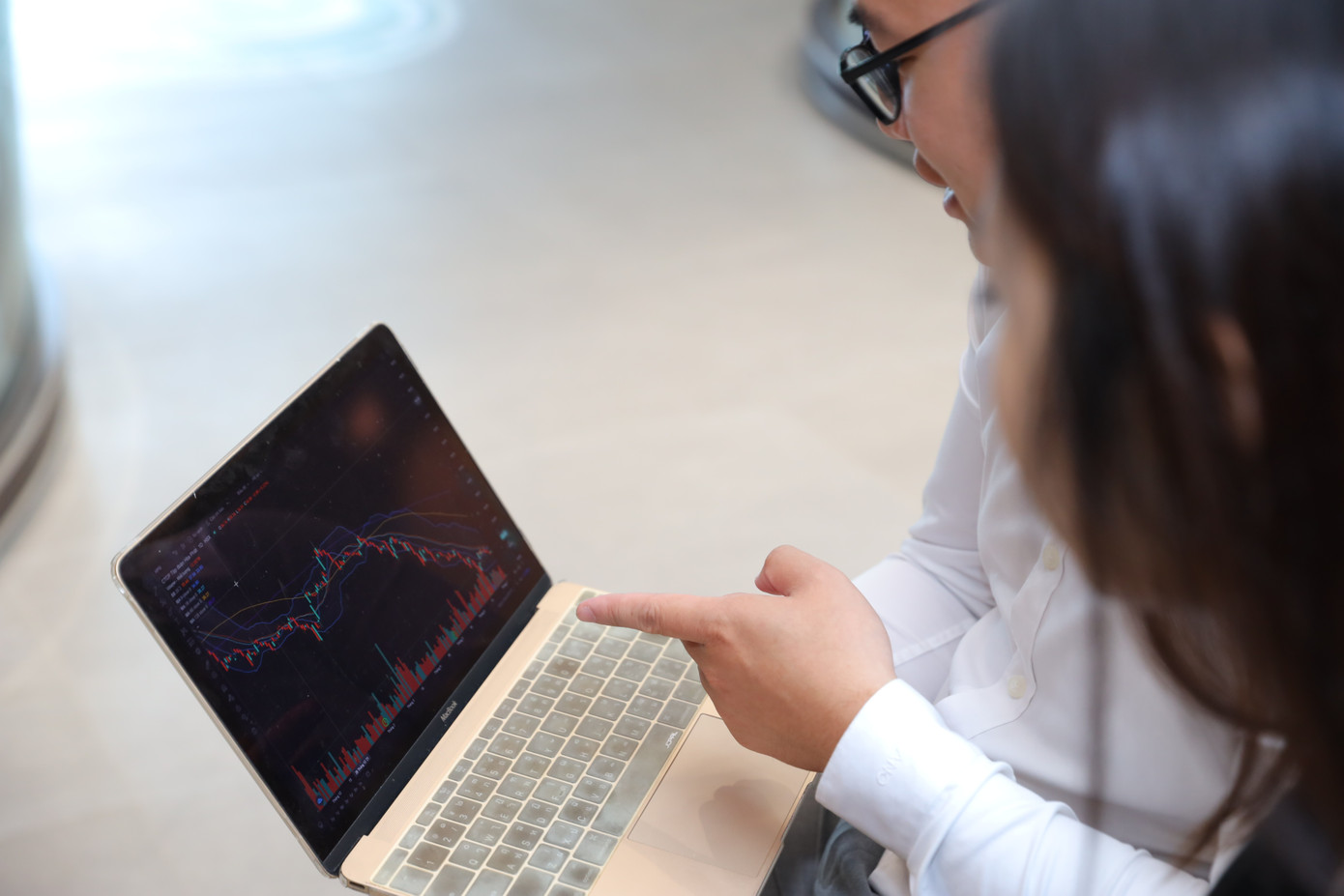
Expert Dinh The Hien shared on the Vietstock LIVE in April 2024
|
Keep the interest rate, even reduce it further
Economic specialist Dinh The Hien said that in theory, when inflation increases, the State Bank of Viet Nam (SBV) will raise interest rates to reduce consumer spending and thereby reduce inflation. However, observations in Viet Nam over many years have shown that this is not always the case and that inflation is not always linked to cheap money, i.e. low interest rates.
Currently, interest rates are at their lowest level in many years. However, the government has considered and weighed whether to change its consistent policies in 2024 simply because of a slightly high increase in the first quarter.
According to experts, saving money in banks has never been a profitable channel. People only need to beat inflation (3.77%) while a deposit interest rate of 5-5.5% is already a good and safe rate. Therefore, it is unlikely that the government will raise interest rates further because the current rate both fights inflation and accommodates people’s investments.
There are two reasons for this: firstly, real interest rates are still positive and good for depositors. Secondly, interest rates should be kept or reduced, as deposits in Viet Nam are considered as safe as buying government bonds, meaning they are risk-free and not like in developed countries.
The government keeps interest rates reasonable so that business costs remain reasonable as well. Businesses are in need of competing with the world market, so reasonable loan interest rates should only be around 7%, not more.
“The government will not raise interest rates this year due to inflationary pressure,” concluded Mr. Hien.
Sharing the same view, Ms. Do Minh Trang – Director of the Analysis Center of ACB Securities Company, also said that inflation had increased in Q1/2024 but was still under control. The issue that has concerned experts in the recent period, however, is the exchange rate rather than the interest rate.
The SBV currently has measures in place to stabilize the exchange rate, such as through the interbank market, hence there is no need to adjust consistent policies and rely on raising the interest rate during the next period.
“Through recent developments, the exchange rate has also been cooling down; we will continue to wait and maintain a better economic balance rather than making policy changes that may not be beneficial,” said Ms. Trang.
Pressure on the exchange rate is not too serious
Mr. Hien said that the exchange rate in Q1/2024 and in the first 20 days of April had increased quite a bit. If calculated from the beginning of 2024, the exchange rate is increasing very rapidly and is a cause for concern. However, if the exchange rate does not fall and stays the same this year – meaning an increase of 5-6% compared to the beginning of the year – then it is still reasonable.
Over the past 6 years, Viet Nam’s exchange rate has been pegged very closely to CPI and to purchasing power between the two markets (Viet Nam and the US). In principle, the currency of the country with the higher CPI must decrease. Observing how this has correlated over the past few years, the exchange rate has been maintained at a low level.
For example, with the deposit interest rate of 6-7%/year in previous years and buying USD in years where the exchange rate has risen by 5-6%, the two are almost equal. However, over the past few years, the exchange rate has risen by only 1-1.2% or even not changed at all in some years, while deposit interest in banks has remained stable at 6-7%/year. Therefore, it can be seen that the exchange rate in recent years has been pegged; all in all, there is nothing to worry about at this stage.
According to Mr. Hien, the government does not adjust the exchange rate upwards due to a shortage of USD but due to the pegging factor in recent years and investors’ concerns about holding real estate or low deposit interest rates suddenly switching to USD. Thus, the problem of USD shortage will not be too serious.
Experts at ACBS view the rapid increase in USD and the State Bank of Viet Nam’s (SBV) selling trend as the two main factors affecting the exchange rate.
“First of all, we need to look at the cause of this rapid increase,” the expert questioned, at the same time suggesting that each period has its own story.
For example, in quarters 3 and 4 of 2023, the increase came from the interest rate difference between USD and VND in the interbank market. Investors and FDI businesses found that holding USD in foreign accounts would yield an interest rate of 5-6%, while selling it and depositing in Viet Nam would give a lower interest rate.
At that time, banks moved to buy USD to maintain their status, and FDI businesses did not sell, which caused a wave of exchange rate increase at the end of 2023. The market expected this pressure to ease when the Fed lowered interest rates this year. However, the first few months of the year have shown that a rate cut is likely not coming until September. In other words, the difference that existed before the recent exchange rate increase is still there.
Moreover, the end of Q1/2024 is the end of the financial year for many Japanese and South Korean FDI businesses. This is also a reason for the lack of USD selling and even the increase in USD buying. Such stories have influenced the exchange rate. On top of that, gold prices and cryptocurrencies may also have an impact, though they are not the main reason for the banking system.
To solve the problem, according to the experts at ACBS, the SBV must first limit the interest rate difference between USD and VND. The fact that the SBV and the banking system are selling USD and subsequently cooling down the exchange rate can be seen as a reasonable decision. When the difference is no longer large but the exchange rate is still strained, this is due to real demand for USD from businesses.
The market is currently willing to hold USD to earn more interest, at least for the banking system. In addition, when the exchange rate cools down, the risk of VND devaluation will no longer be as great – it could be 1-2% in the near future instead of 5-7% because the price of VND has been maintained quite well over many years.















